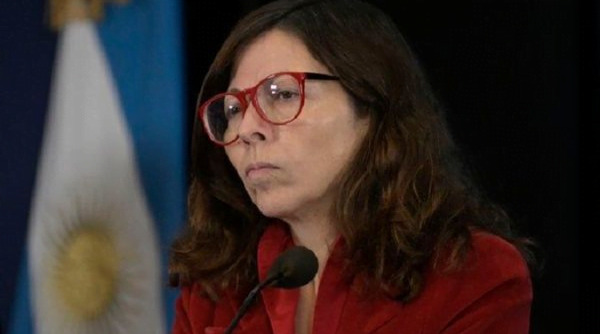
Argentinean Economy Minister Silvina Batakis presented several economic measures to "give some order and balance to public finances" and ratified her country's willingness to fulfill the agreement signed with the International Monetary Fund (IMF).
Buenos Aires, July 12 (RHC)-- Argentinean Economy Minister Silvina Batakis presented several economic measures to "give some order and balance to public finances" and ratified her country's willingness to fulfill the agreement signed with the International Monetary Fund (IMF).
"It is an agreement that we signed as a State and we have to comply with," she said, explaining that the policy measures seek to reduce the primary deficit from 2.5 percent of GDP in 2022, to 1.9 percent in 2023, and to 0.9 percent in 2024.
In March, President Alberto Fernandez closed a new agreement with the IMF to refinance the US$44 billion credit that this institution granted to the right-wing President Mauricio Macri (2015-2019), who left the country's economy in a deep crisis that has not been overcome yet.
To contain inflationary pressures, the Fernandez administration's economic plan contemplates increasing Central Bank reserves by US$5.8 billion and reducing monetary assistance to the Treasury from 3.7 percent to 1 percent of GDP.
Batakis also mentioned that a debt advisory committee will be created. Its mission will be to make proposals to make Argentina's sovereign debt sustainable. She completely ruled out that there could be a default on the debt denominated in local currency.
"We are not going to spend more than we have," the Economy minister said when announcing that the monthly budget quotas for public institutions will be defined according to the projection of real income. She will also promote legal changes so that all institutions manage their budgets efficiently and do not increase the number of public officials.
Another of the objectives of the government's economic program is to reduce inflation from the 38-48 percent range in 2022 to the 29-37 percent range in 2024, which will be achieved by containing the issuance of currency or reaching agreements on prices and wages. Batakis pointed out, however, that inflation levels will depend on the evolution of international prices.

